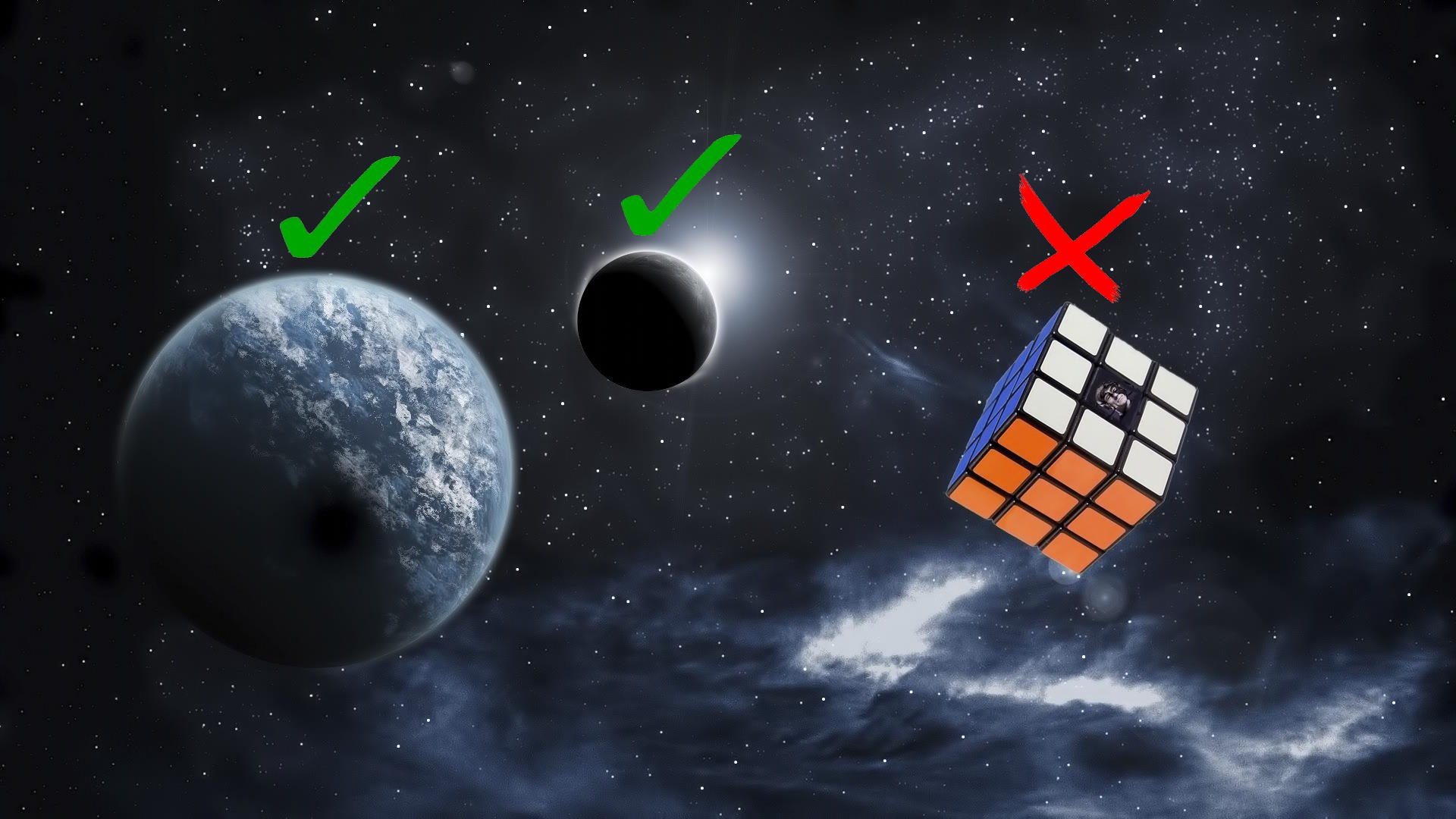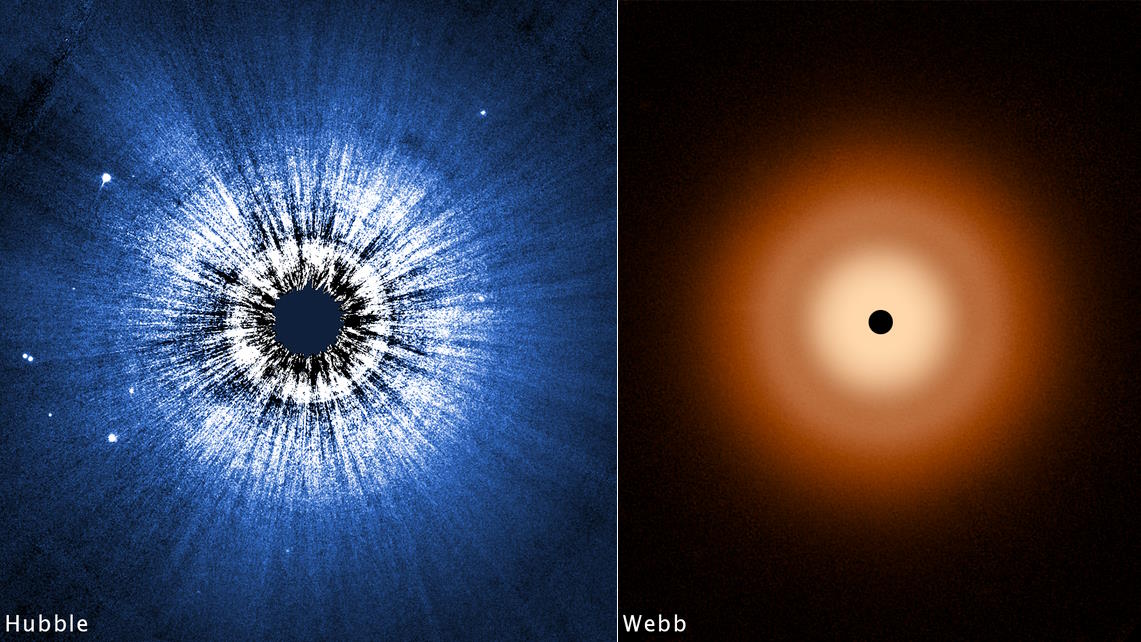My hope for the new Cosmos
The Universe has always been ready for us. Are we finally ready for it?
“Men love to wonder, and that is the seed of science.” -Ralph Waldo Emerson
In only a few weeks, Cosmos: A Space-Time Odyssey, will air, nearly 34 years after Carl Sagan’s original Cosmos: A Personal Voyage brought the joys and wonders of the Universe to hundreds of millions of people worldwide. As a professional astrophysicist, science writer and communicator, and someone with great hope and optimism for the future of this world and everyone on it, I’d like to share my hopes for the new Cosmos with you.
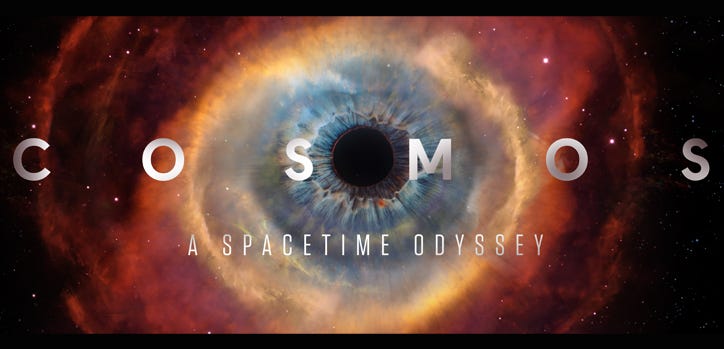
As I write this — in early 2014 — we stand at a privileged position compared to all the humans who’ve ever come before us. The body of scientific knowledge and the power of scientific theories to understand the world and Universe around us is far greater than any one person could hope to absorb in an entire lifetime, and yet every one of us can share in an awareness and appreciation of what and where we are in the Universe, how we came to be and how we know the things we do.
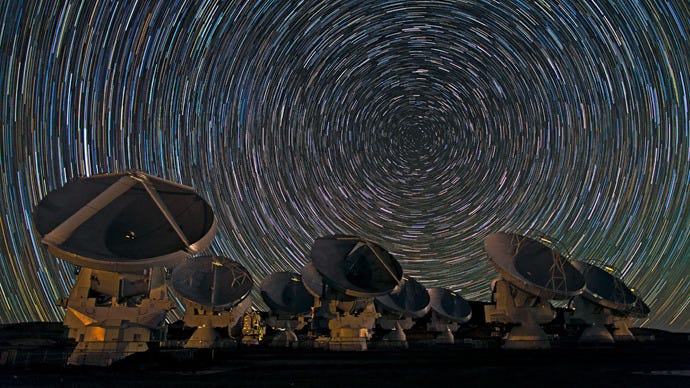
The story is literally amazing, and every scientist has their own unique perspective on what aspects of the story they’d focus on, and how they’d share their favorite stories of how we came from the nothingness of expanding, empty space to form atoms, stars and galaxies, which cluster together in an intricate cosmic web. How within each galaxy, generations of stars live-and-die, returning the newly formed heavier elements to the interstellar medium, where they’re incorporated into future generations of stars, eventually forming planets, complex molecules, and — at least once — intelligent life.
One of my favorite ways to illustrate this is by a tool inspired by the original Cosmos (that will no doubt appear in the reboot): compressing the entire history of the Universe into a single calendar year!

We keep pushing back the frontiers of science, and the generation that’s passed since the original Cosmos aired has seen no shortage of amazing discoveries and accomplishments, including (to name just five):
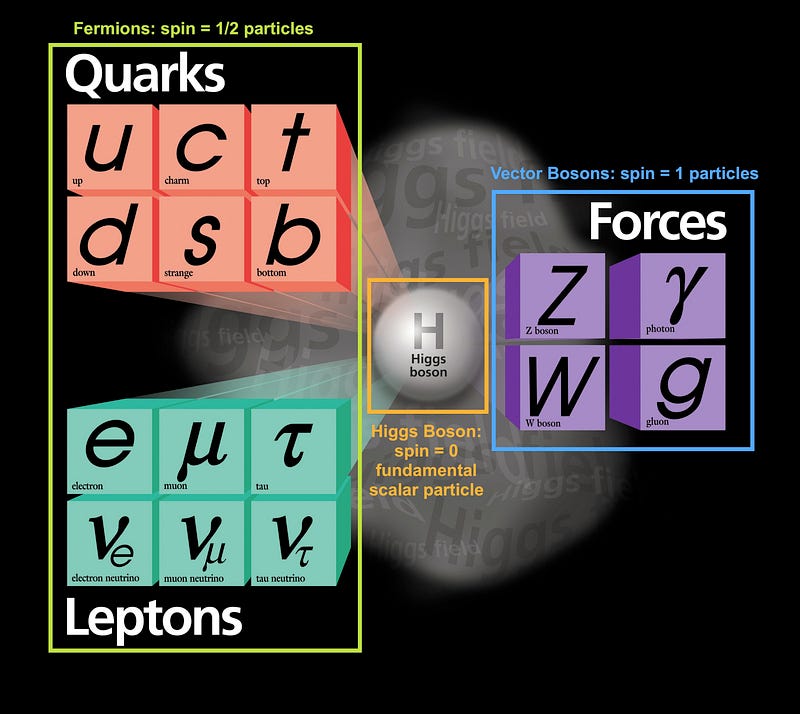
1.) The complete discovery of all the particles and antiparticles in the Standard Model of elementary particle physics, culminating with the discovery of the Higgs Boson in 2012.
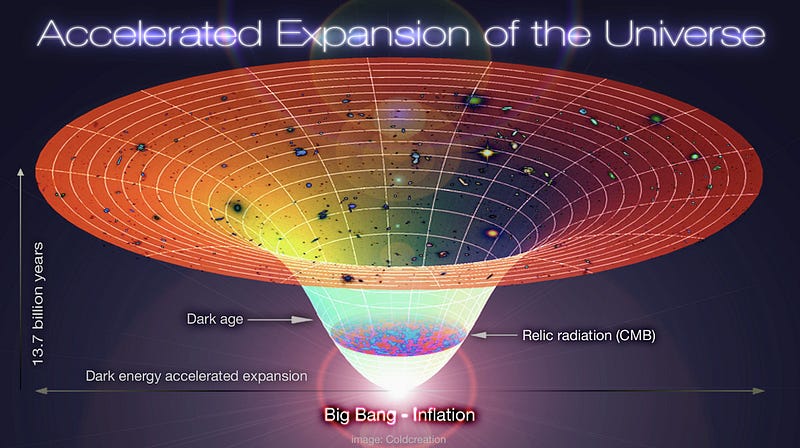
2.) The discovery that as individual galaxies recede away from us in our expanding Universe, they’re actually accelerating, and moving away progressively faster as time goes on.
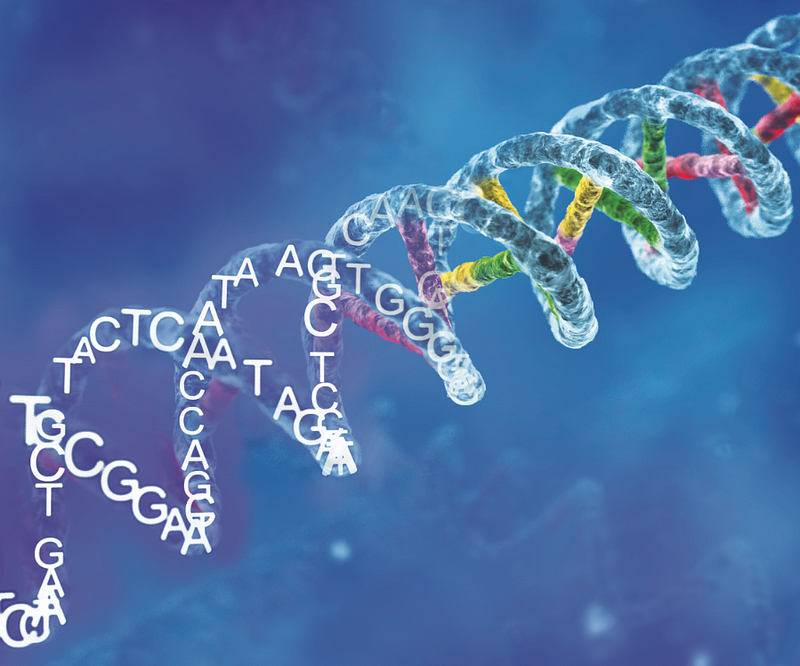
3.) The sequencing of the entire human genome, the genetic code that tells a fertilized egg how to develop into a human being.
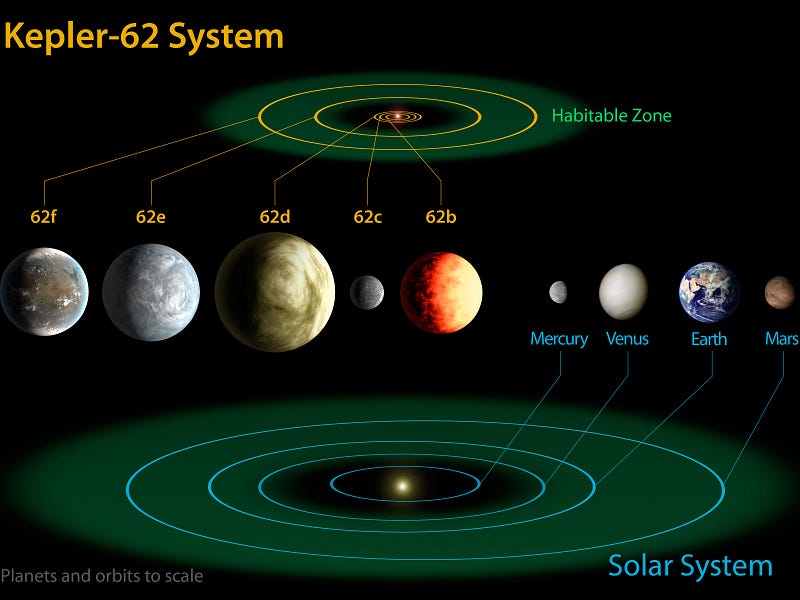
4.) The discovery of not only the first planets around Sun-like stars, but of thousands of them, from gas giants more massive than Jupiter to rocky planets even smaller than Earth. And…

5.) The discovery and measurement of the imperfections in the Cosmic Microwave Background: the leftover radiation from the Big Bang. In particular, the magnitudes and scales of these fluctuations are a telltale sign of a period of cosmic inflation that took place before the Big Bang!
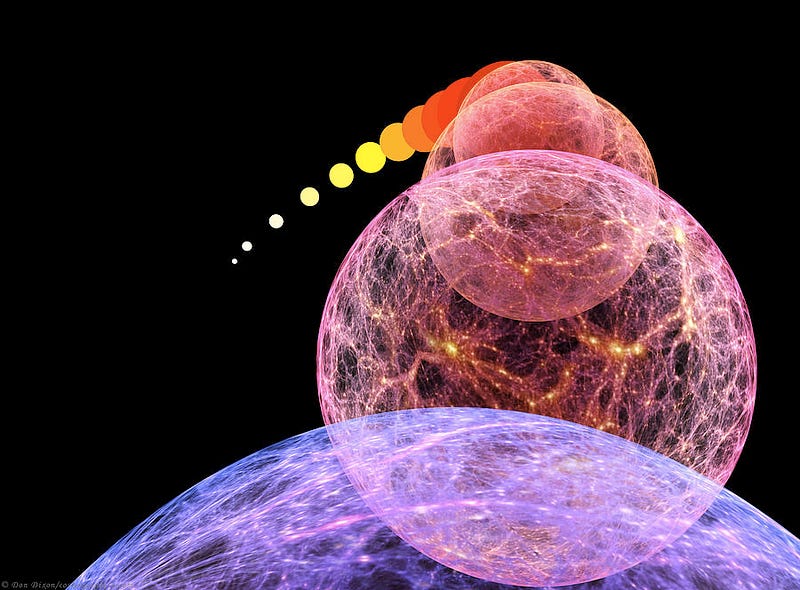
There are, of course, too many other discoveries to list here, and similarly, too many tantalizing puzzles still awaiting the critical breakthrough. There’s no doubt that the new Cosmos will cover a great many of them in spectacular fashion, complete with astounding visuals, compelling storylines, and the inspiring efforts of scientists all across the globe. Just like the original Cosmos, there will be 13 one-hour-long episodes, an intelligent, thoughtful and charismatic host, and millions of rapt viewers in the United States and across the world. And it starts just next month.
https://www.youtube.com/watch?v=kBTd9–9VMI
I am confident it will be successful by many metrics and critically acclaimed, and then — just like that — it will be over.
And that’s where my hope begins.
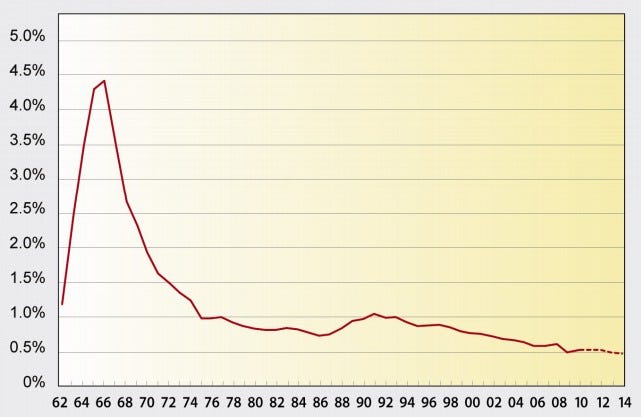
My hope isn’t reliant on the show, but rather on ourselves. My hope is that we begin truly recognizing the value — as a country, as a planet, and as a civilization — of investing in science. Not just investing in the latest technological gadgets or in short-term profitable undertakings, but in long-term, lofty ventures whose ultimate value to humanity is not yet known. That we decide that spending less than half-a-percent of our federal budget on NASA (above) — with maybe only a quarter of that going to scientific research and space exploration — is no longer acceptable. We are the wealthiest nation at the wealthiest point in the history of the world, and we can do so much more, if only we choose it.
And my hope is that we do; my hope is that we finally decide to long for the stars.
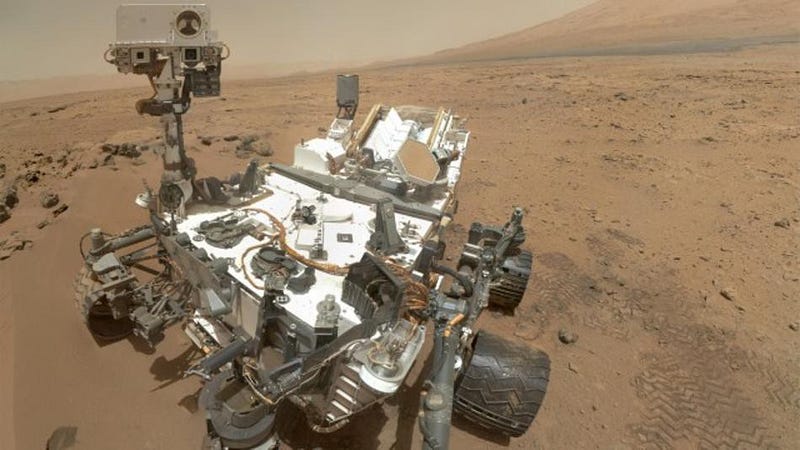
That we’re not content with rovers on Mars; their scientific value is great, but we also want people on Mars. That although it’s important to do so, it isn’t enough to send space probes out of the Solar System; we want for humanity to begin our voyage to the stars. That it isn’t satisfactory to marvel idly at the unknown mysteries in our Universe like gravitational waves, dark matter, dark energy and the origin of matter. It isn’t enough to know that controlled nuclear fusion is possible, or that other Earth-like planets exist. We want to investigate them and uncover their secrets from every angle imaginable.
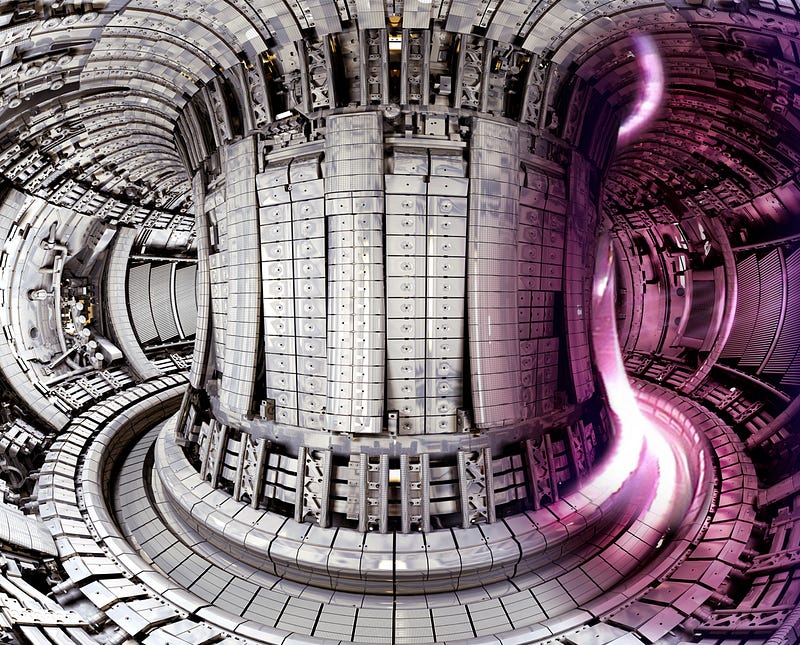
But we have to decide — together — that the investment is worth it. As Carl Sagan famously said all those decades ago,
“We live in a society exquisitely dependent on science and technology, in which hardly anyone knows anything about science and technology.”
What he didn’t say is this: it’s okay to not know! You don’t need to know all about it to be aware of how it impacts us all, to appreciate how it benefits us all, and to see how — in a very real sense — it’s humanity’s best hope for the future.
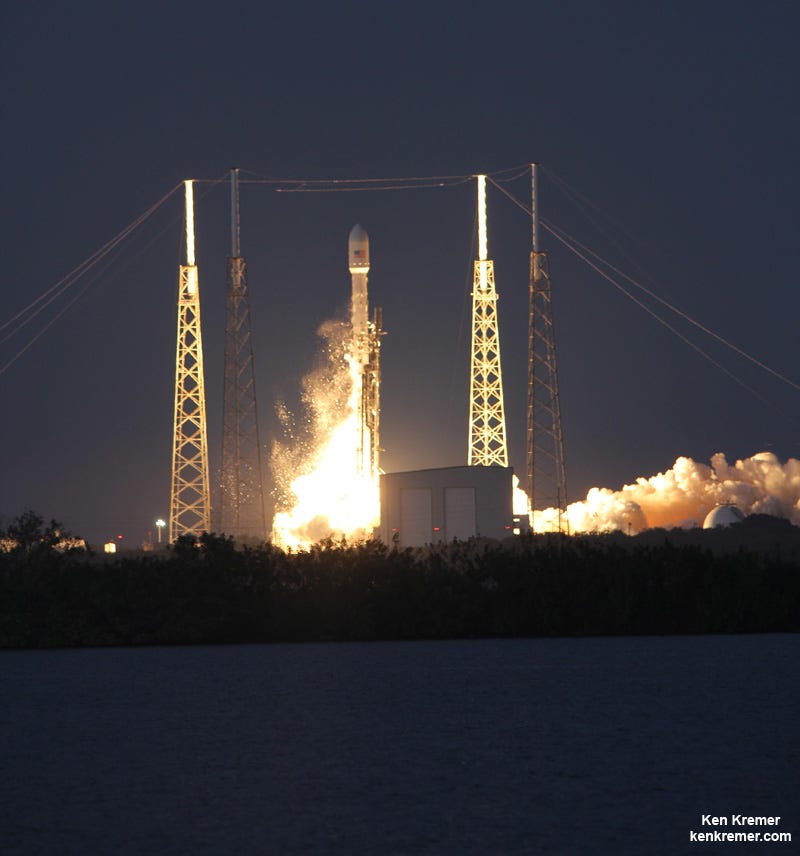
My hope is that we wake up to the fact that science and technology is our ticket to not only a better life on Earth, but a life that isn’t limited to Earth. That even though it might not happen in five years, ten years or even our lifetimes, we can give that gift to all the future generations to come. And that we can start down that path now, if only we choose to.
And if the new Cosmos can help us get there, regardless of anything else it does, it will be the greatest scientific success I’ve ever seen in my lifetime. For the first time in history, the human race will finally be ready to embark on the greatest journey a species in this Universe can undertake: to reach out into the void, and discover all that we are.

